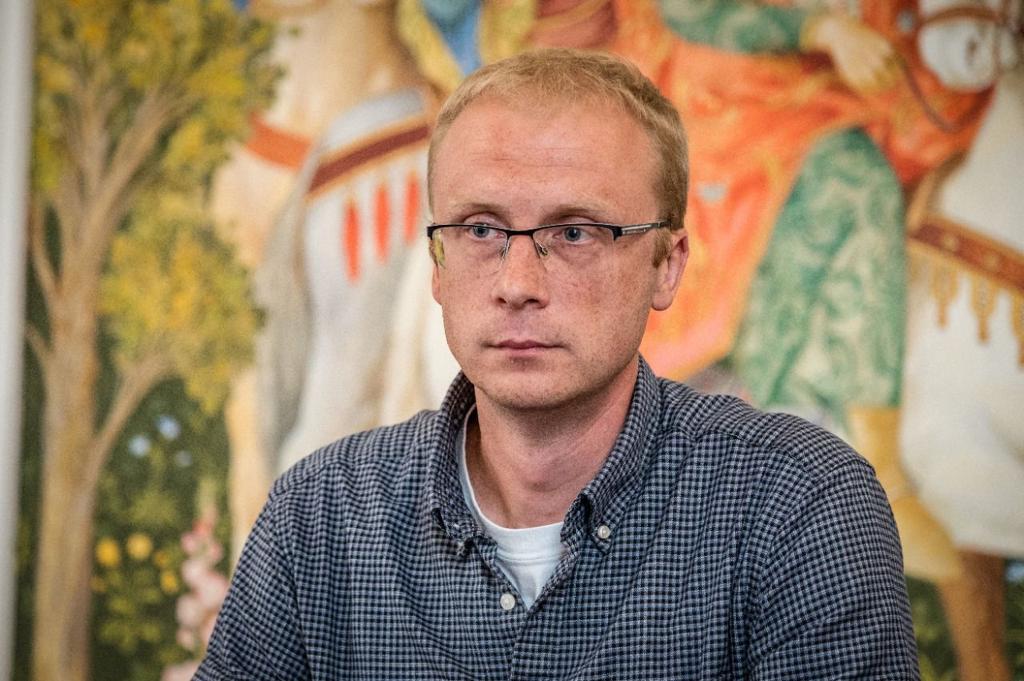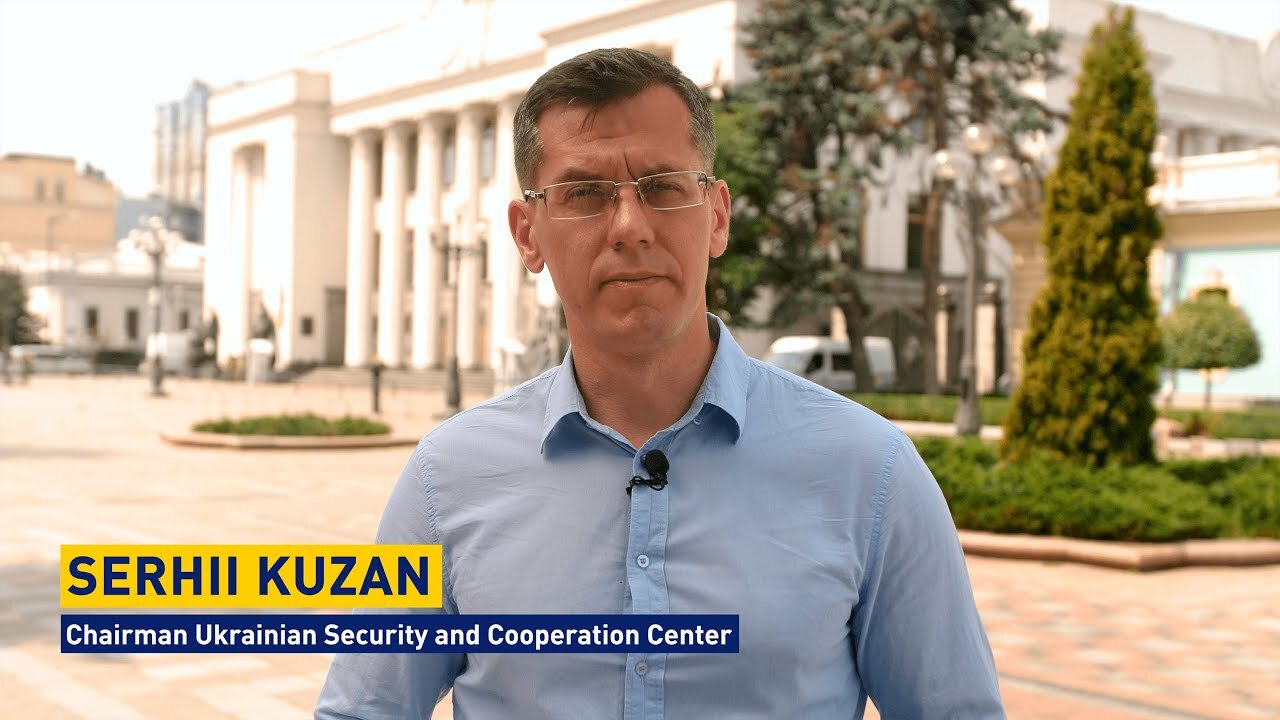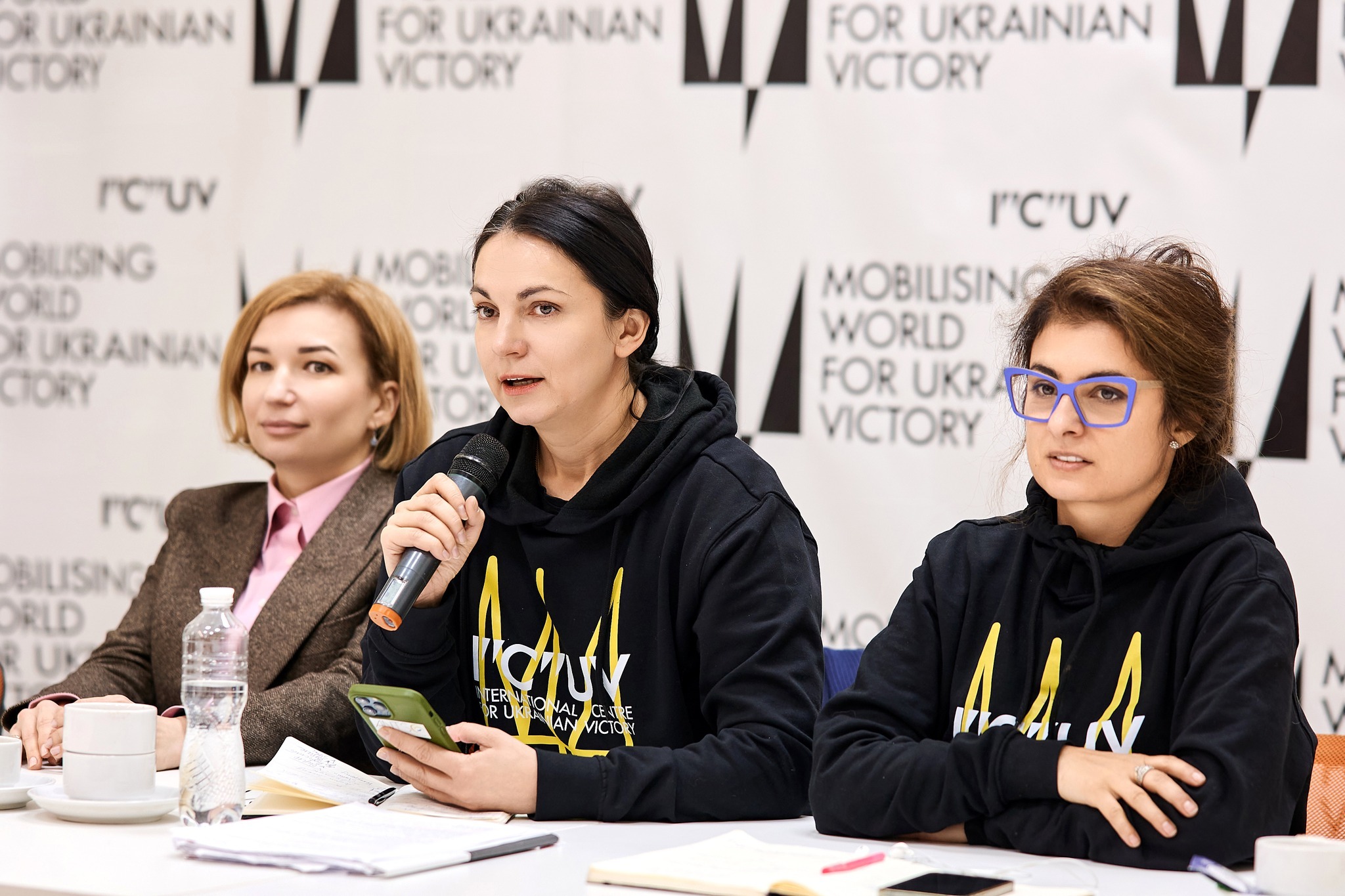In what some experts are calling “the lowest point in the history of the United Nations,” the Russian Federation will assume the Presidency of the UN Security Council (UNSC) later this week on April 1st.
With Vladimir Putin subject to international arrest for war crimes, Russia’s ascension to the UNSC Presidency has senior Ukrainian government officials and international relations experts openly questioning the overall role and structure of the UN, whose mission is “to maintain international peace.”
- Get the latest war in ukraine update from the Kyiv Post's daily news reports published today.
- Access the latest Ukraine news coverage for today.
JOIN US ON TELEGRAM
Follow our coverage of the war on the @Kyivpost_official.
Ahead of Russia’s UNSC Presidency, in an exclusive interview with Kyiv Post, Oleh Nikolenko, a spokesperson for Ukraine’s Minister for Foreign Affairs said:
“Russia is playing an April Fool’s Day joke on the world by pretending it is entitled to fulfill its duties on the UNSC… It makes a mockery of international law and the UN Charter, which is meant to protect territorial sovereignty, at the same time that Russia continues its full-scale invasion of Ukraine.
“The UN’s legitimacy should be questioned… It exists to prevent wars, but we see little action except for initiatives such as humanitarian aid and the grain deal… It’s valid to ask: do we need to reform the UN - including the veto power of permanent members of the UNSC, such as Russia?” Nikolenko said.

Frozen Russian Assets Belong to Ukraine, Not Its Allies: Zelensky

Oleh Nikolenko
The Ukrainian Security and Cooperation Centre (USCC), a Kyiv-based policy and advocacy NGO, has been internationally highlighting and raising awareness about the Russian UNSC Presidency.
Serhii Kuzan, the USCC’s Chairman, said: “Russia in this role represents the lowest point in the history of the United Nations. By contrast, in 1939, as the USSR, Russia was expelled from the League of Nations for attacking Finland and bombing civilians. But now, despite starting the bloodiest war in Europe since World War 2, Russia is allowed the legitimacy that it craves via the UN.”

Serhii Kuzan
A key related concern raised by those interviewed by Kyiv Post is that Russia will manipulate its chairmanship, which rotates monthly, for its own advantage. For example, it can block meetings and discussions aimed at peaceful solutions during critical war-time developments.
While there have been some 40 UNSC discussions of Ukraine since 2014, there has only been one UNSC resolution – a procedural one – since the beginning of the full-scale invasion. During that period, Russia has five times used its veto power in the UNSC to block action.
Nikolenko quips that the Armed Forces of Ukraine are Ukraine’s best way to stop Russian abuses, but then continues that “Ukraine is prepared for all scenarios and maintains its strong coalition of partners in the UNSC and the General Assembly. We are examining all options.”
Given Russia’s veto power, a possible alternative route to justice and compensation for Ukraine may be through a new special tribunal or through the International Criminal Court, or some combination of both. Currently, there is a multilateral push, supported by Ukraine, to establish a path to investigate and prosecute the ‘crime of aggression’. On March 28th, the US lent its support to the proposal for the first time.
Nikolenko also indicates that Ukrainian authorities are “closely looking at” the suspension of South Africa [in 1974 for the apartheid policy] from all UN participation, and also sounds a pragmatic note: “We may not be able to prevent this situation, but we will use it to highlight Russia’s many war crimes… We will also continue to build the architecture of instruments to pursue Russia and make it pay.”
Hanna Hopko is a leader of the International Center for Ukraine’s Victory (ICUV), a foreign policy expert group, and the former chair of the Ukrainian Parliament’s Foreign Affairs Committee. As she does to Western lawmakers and policymakers, Hopko draws attention to the ICUV’s ‘peace manifesto’ which specifically notes:
“Russia must suffer a loss of status. It should not be allowed to influence international politics through international organizations. An aggressor cannot be a member of the UNSC, whose core mission is to guarantee peace.”
Hopko believes that Russia’s designation as a ‘terrorist state’ by other countries should be an automatic disqualification from the Presidency of the UNSC. Countries that have, in some form, made the designation include the Baltic countries, Poland, Czechia, Slovakia and the Netherlands. However, others flag several procedural challenges to such a potential reform, including the sovereign nature of such designation and the lack of a standard definition or common recognition.

Hanna Hopko
Nikolenko said that it is important to consider the broader context as well. He points out that Russia’s very seat at the UN can be considered illegal. At the creation of the UN at the end of World War 2, it had as members the USSR, the Ukrainian SSR and the Byelorussian SSR.
“It was the largest diplomatic fraud of all time, when in 1991, Russia simply switched nameplates with the USSR, including as one of five permanent members of the Security Council. Both Ukraine and Belarus, both founding members, had greater direct claims and credentials. Why Russia was given the Security Council role without due process remains unclear… The other UNSC permanent members are the five victors of World War 2. It’s the 21st century and Ukraine stands for reform of the UNSC.”
Countries with massive populations, big economies and huge financial contributions to the UN, such as Japan and India, have both ‘made bids’ to become UNSC permanent members. After a supportive vote of the General Assembly, Ukraine last served as a non-permanent member of the UNSC in 2016-17.
Kuzan, however, believes that the hope for UN reform is not enough. He said:
“There is no better time to finally stop this historical cycle [of Russian aggression] than now. Now is the key moment to expel the terrorist state from all international organizations, to expel all Russian agents in the West, and to completely isolate Russia until it is denazified.”
You can also highlight the text and press Ctrl + Enter











